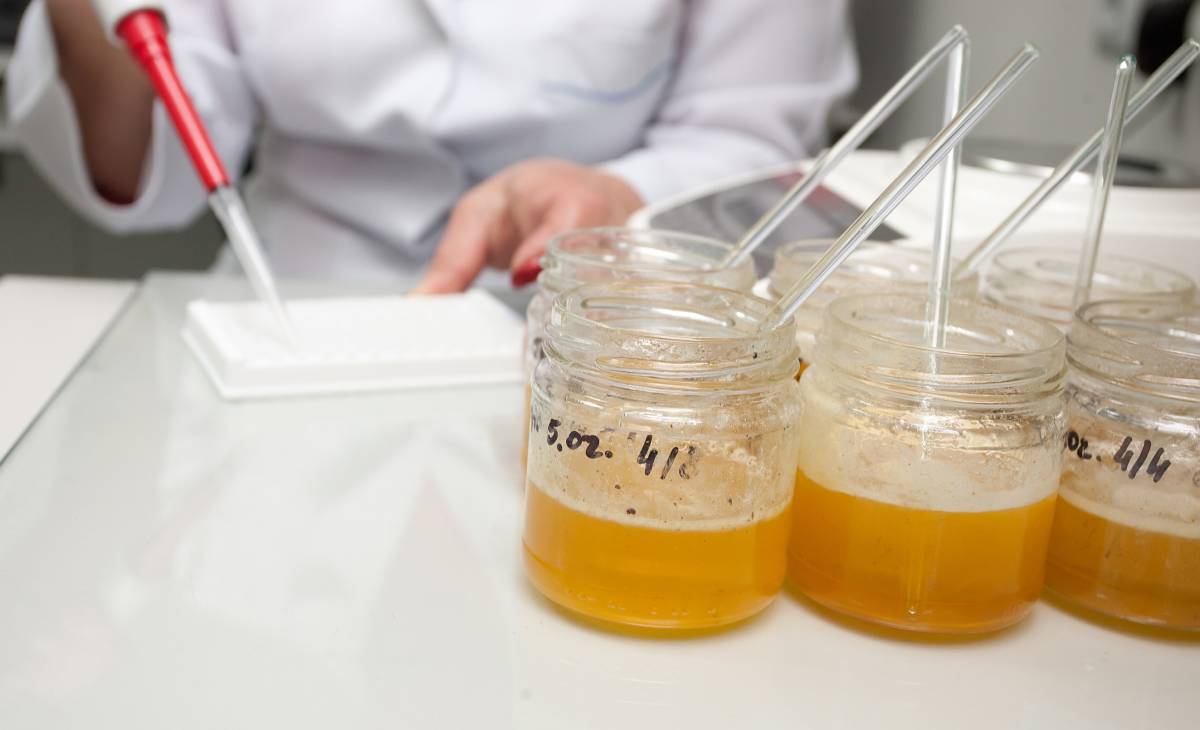Droplet digital PCR for rapid screening of adulterants in honey
Droplet digital polymerase chain reaction (ddPCR) was employed in a case study to detect adulteration of acacia honey with canola honey. DNA was extracted from pollen in acacia honey and canola honey using following four distinct pollen treatment methods: enzymatic hydrolysis, freeze-thaw, mechanical, and ultrasonic. The mechanical extraction approach was the most preferred for extracting DNA from honey. In acacia and canola, a duplex ddPCR technique was devised based on the particular target gene. The established duplex ddPCR exhibited a high detection sensitivity, identifying up to 1% adulteration, according to the results. The duplex ddPCR approach has the same accuracy as the conventional melissopalynologic method. All of the findings suggested that ddPCR might be a useful tool for determining and assessing the authenticity and quality of honey.
Source:
https://www.sciencedirect.com/science/article/abs/pii/S0956713521003728






















